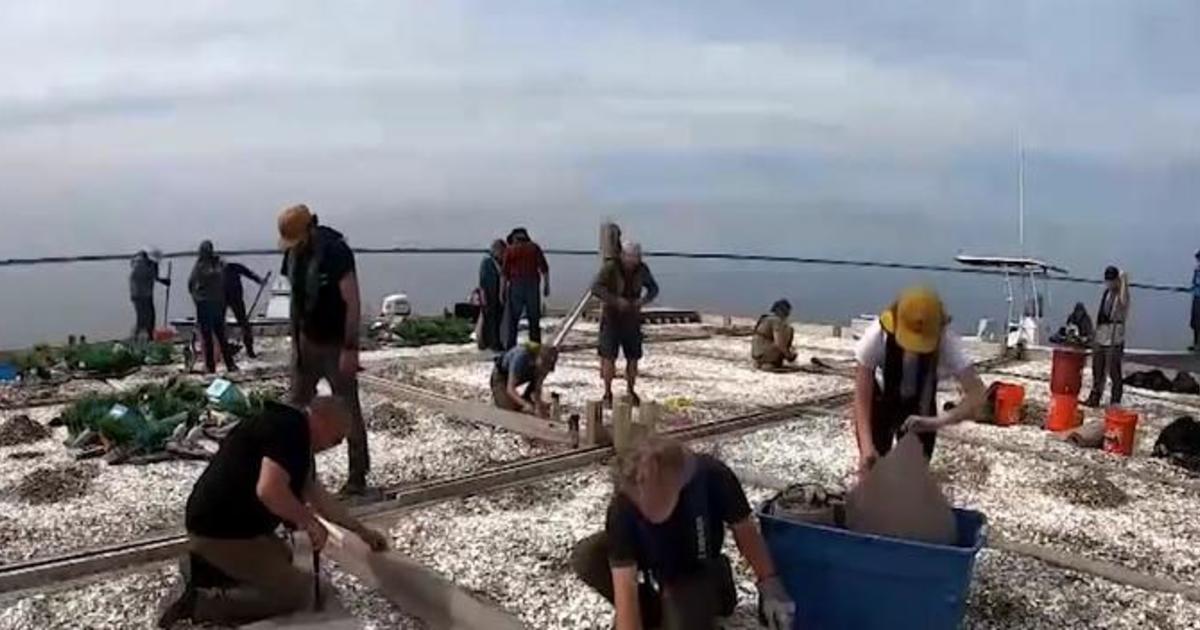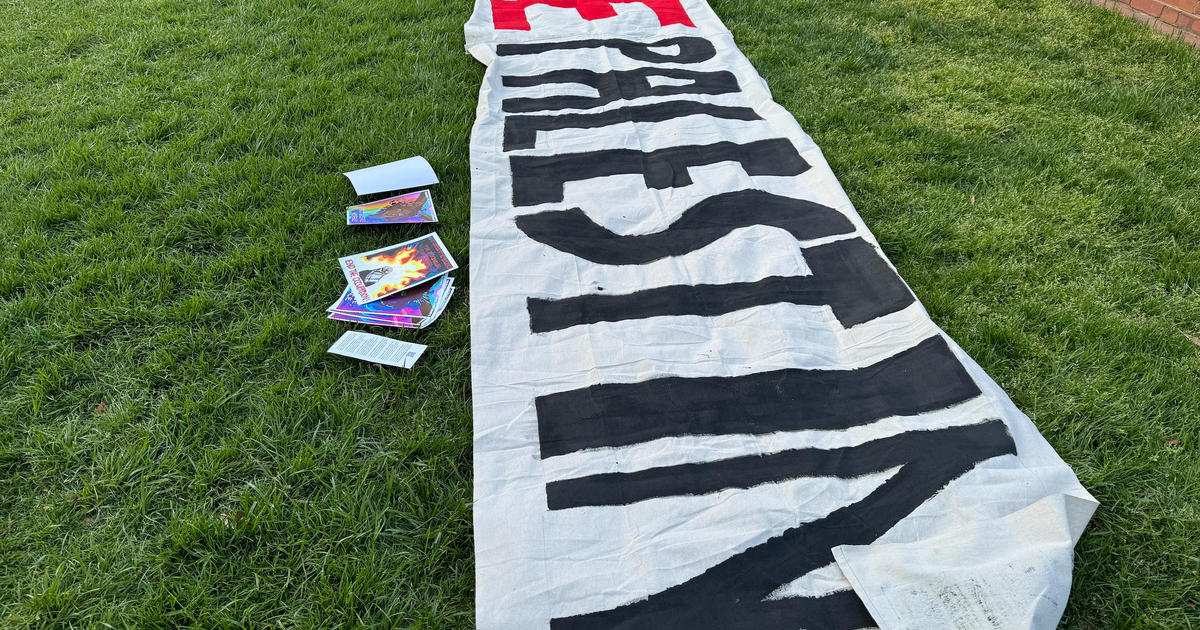Md. Waited To Alert General Public On Meningitis
WASHINGTON (AP) -- Maryland health officials who learned of a potential link between a spinal steroid shot and cases of fungal meningitis waited nearly a week before alerting the public to the problem, according to a timeline provided by the state health department.
State epidemiologist David Blythe said health officials immediately alerted the clinics that were providing the injections, which in turn were responsible for contacting the patients who had received them. But he said they held off on notifying the general public until they could gather more information, such as determining a more precise causal connection between the shots and the meningitis cases.
"In the early days, it was not clear -- certainly not to us -- exactly what was going on," Blythe said in an interview this week, later adding, "We wanted to be sure that we weren't missing something else that might have been associated with these injections."
Blythe told a legislative committee in November that the Centers for Disease Control and Prevention alerted the state on Sept. 27 that meningitis cases associated with a steroid shot for back pain had been identified in Tennessee.
The state Department of Health and Mental Hygiene contacted the seven Maryland clinics that had received the medication to make sure they were aware of the recall, but it wasn't until Oct. 3 that the public was advised in a news release of a "possible connection" between the injection and two meningitis cases in the state, including a fatal one. The Associated Press obtained a copy of his remarks.
Health officials coordinated the notification of about 1,700 people they initially thought might have gotten the back pain injection, though Blythe said in November that the actual number of people who got the shots was closer to 1,100.
Because of the volume of patients to notify, it's possible some who received the shot weren't advised of the risks as quickly as they might have been through an immediate public notification. But Blythe said the delay posed no risk to the public because the clinics were immediately advised of the problem and didn't supply the injection during that nearly week-long interval.
"We were really explicit with the facilities, and they all confirmed that they were aware of the recall, actually even before we were in touch with them," Blythe said.
Maryland was hardly alone in grappling with the decision of how and when to alert the public.
Documents reviewed by the AP in Indiana and North Carolina show that officials in those states were also contacted by the CDC a week before they announced the meningitis investigation to the public.
Blythe acknowledged in his prepared remarks from November that individually notifying large numbers of patients is a challenge, and that the "department needs to continually look to a variety of methods to get information out to people who need to act on the information." He said in the interview that "it was a complicated way of notifying patients" and that the state has learned from the experience.
There have so far been 25 cases of meningitis reported, including two deaths.
The tainted steroids have been traced to the New England Compounding Center of Framingham, Mass., which has since recalled the contaminated lots and suspended production.
(Copyright 2013 by The Associated Press. All Rights Reserved.)



